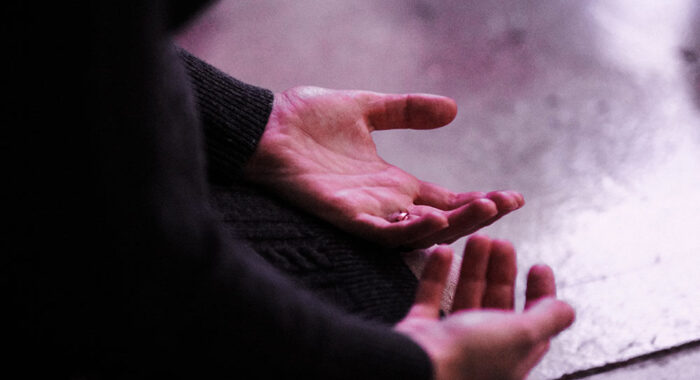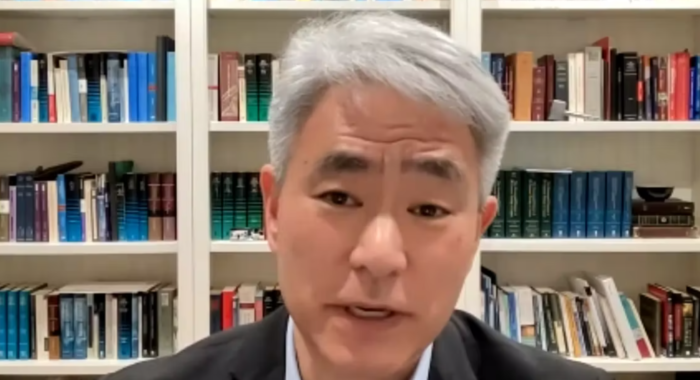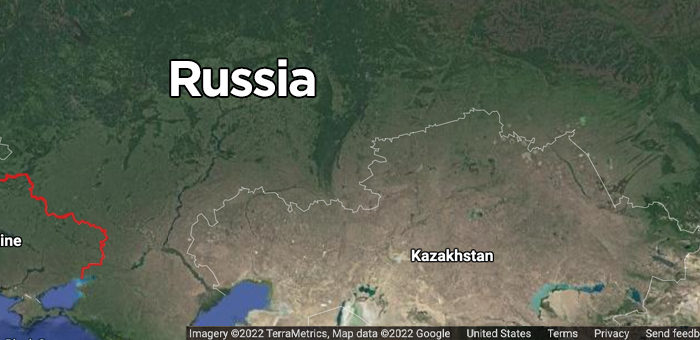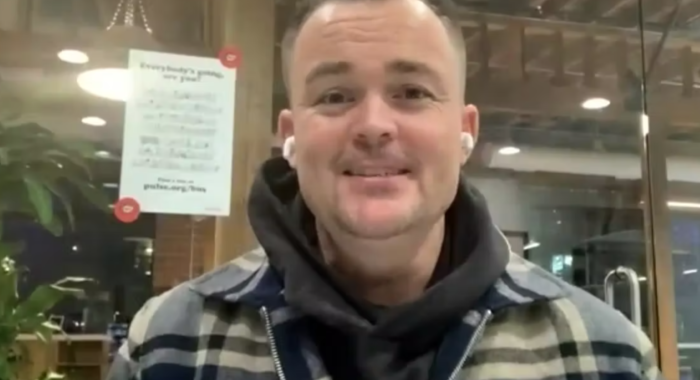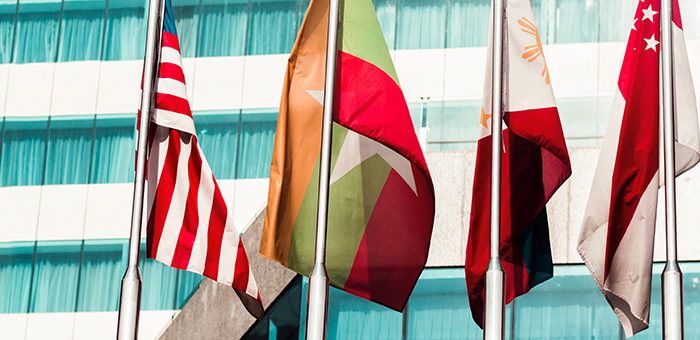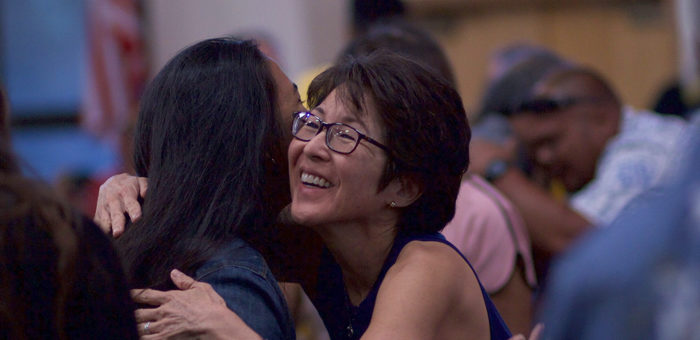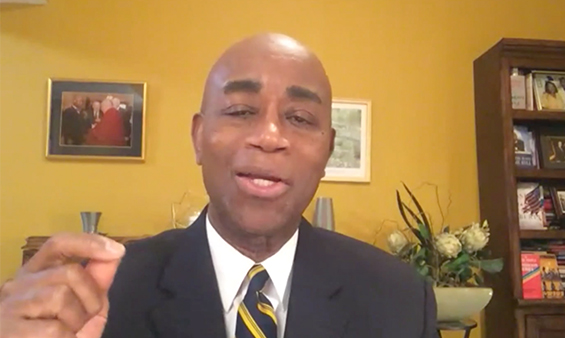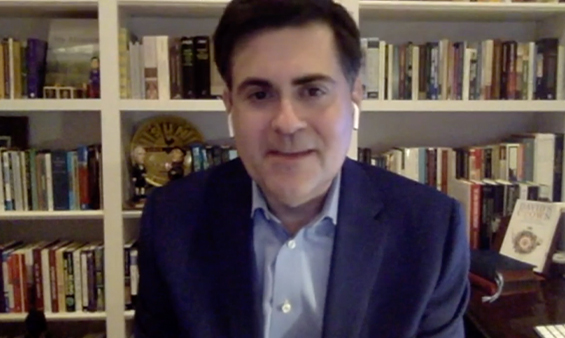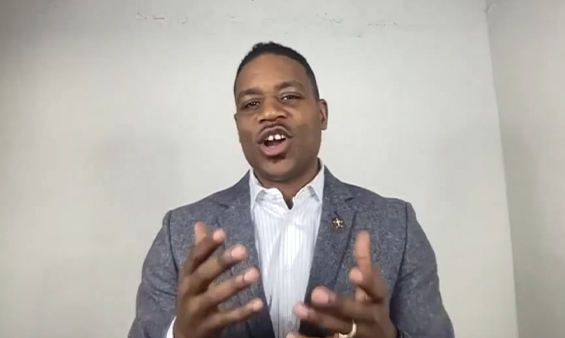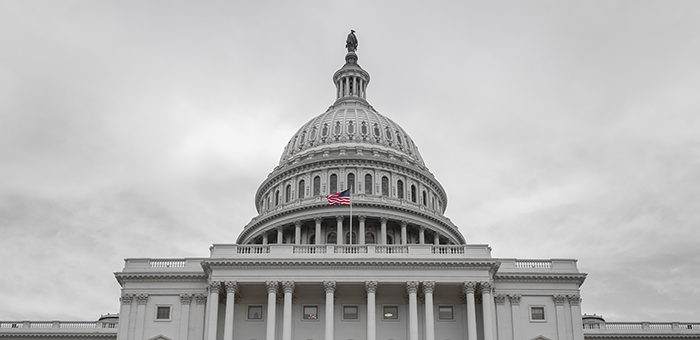I write from outside of the United States, but looking in with great interest. I pastor a church in my home country of New Zealand, but having also pastored in Northern California and obtained a doctoral degree from Bethel University in Minnesota, I am not unfamiliar with American life.
From an outsider’s perspective, the heightened partisan divide in America is disturbing. Some will dismiss this as an American issue and not the business of those beyond its borders. However, we live in a global village; when Americans sneeze, the rest of the world catches a cold!
Media reporting on U.S. evangelicalism has an impact on the perception of evangelical movements and ministries around the world. Undiscerning commentators assume we’re part of the same monolithic whole.
The word “evangelical” stands for belief in the authority and relevance of the Bible, unabashed proclamation of the gospel, the centrality and efficacy of the cross, and a clarion call to radical conversion. Lazy journalism may be to blame for ill-defining evangelicals as a political bloc, but it’s not hard to grasp how they’ve formed such a view with the partisan alignment of some high-profile leaders of evangelical ministries. In my home country, an invitation to a well-known evangelist is now questioned due to his reported political endorsements. Bible-believing Christians are increasingly regarded with suspicion in local media as having an assumed political bias.
As fellow evangelicals, we applaud the engagement of American Christians in the public square. For too long, evangelicals misunderstood separation of church and state to mean non-involvement in national governance. We have a valid voice, and a divine mandate to speak prophetically.
However, many of us around the world struggle to understand the lack of civility and Christian grace that currently manifests in the cauldron of American politics, especially toward those of different shades on the political spectrum. The culture of vilification, name-calling and conspiratorial presumptions of those with different political views is disconcerting. That many who profess to love Jesus, and hold a high view of the Bible, also engage in such banter is incongruous with the values we evangelicals hold dear.
Isaiah warned of misguided accreditation of current affairs: “Woe to those who call evil good, and good evil, who put darkness for light and light for darkness ….” (Isaiah 5:20).
Evangelicals refer to the Bible as the “word of God.” It shapes our worldview and how we live. It also encourages us to speak up when we see a brother or sister caught in inappropriate behavior; for to say or do nothing is tantamount to complicity. What advice, therefore, might a fellow evangelical offer his U.S. brothers and sisters amidst a divisive election cycle? Here are 10 ideas:
- Speak to, and about, those of different political perspectives with grace and respect — as befitting of Christ-followers. It is possible to believe passionately and to disagree with others in a manner that is honoring. Name-calling and vilification of those who don’t share our view weaken our distinctiveness as ambassadors of God’s kingdom (Philippians 2:3–4).
- Love and uphold the truth. Be wary of those who bend or distort the truth. Fact check what politicians and media commentators tell us — including those we support. Maintain an open mind until all facts are laid bare (John 8:32).
- Get your news and political commentary from a variety of sources, rather than just one. Evangelicals think biblically and are cautious of deception. Filter all we hear through the lens of Scripture and think for ourselves (Colossians 2:8).
- Be cautious of believing and retelling unsubstantiated conspiracy theories. Christians have suffered much over the centuries from false conspiracies; we ought not to perpetuate disinformation. Truth sets us free, Jesus said, not speculation and innuendo (Isaiah 8:12–13).
- Work for reconciliation wherever there is discord. Blind and belligerent party politics destroys a nation. Followers of Jesus are more committed than most to finding negotiated resolutions amid conflict (2 Corinthians 5:18).
- Accept that equally sincere Christ-followers may have different political ideologies, coming to different conclusions from reading the same Bible as you do. “In essentials unity, in non-essentials liberty, and in all things charity.” The kingdom of God supersedes party politics (Romans 12:2).
- If you have influence in a Christian organization, encourage it to remain nonpartisan in its public policy engagement. Be cautious of those that appear to have “hitched their wagon” to one political ideology lest they damage their credibility (Acts 5:38–39).
- Take seriously what the Bible says about justice, care of the poor and marginalized, and those without a home and/or nation. The Bible is replete with God’s displeasure upon those who mistreat the poor and homeless (Proverbs 14:31, 17:5, 21:13, 28:27).
- Recognize that Christian faith flourishes even under ungodly political regimes. It was born in conflict, matured amidst waves of persecution, and does its best work in low-profile love and service — rather than on the coattails of political power (2 Corinthians 4:5).
- Remember, it is righteousness that exalts a nation, not the state of its economy or the security of its borders. God’s blessing falls on those who treat others well, especially those less fortunate (Proverbs 14:34).
At the end of the 19th century, Charles Sheldon penned a famous little book (“In His Steps”) based on a series of sermons delivered to his church in Topeka, Kansas. Parishioners were asked to pledge for one year to make no major decisions without first stopping to ask the question: “What would Jesus do?” Maybe in a political context, it might just be a good question for evangelicals to ask again in the year 2020!
This article originally appeared in Evangelicals magazine.
Brian Winslade is senior pastor of Hamilton Central Baptist Church in New Zealand and a member of the International Council of the World Evangelical Alliance. He has pastored five churches over 40 years, and has been a missionary in Bangladesh, CEO of the Baptist Churches of New Zealand, national director for the Baptist Union of Australia, and lead pastor of Hillside Church of Marin in Northern California. Winslade holds a D.Min. from Bethel University and is a graduate of Carey Baptist College in New Zealand.




 View All Articles
View All Articles 



